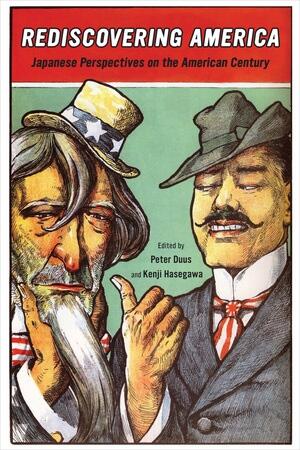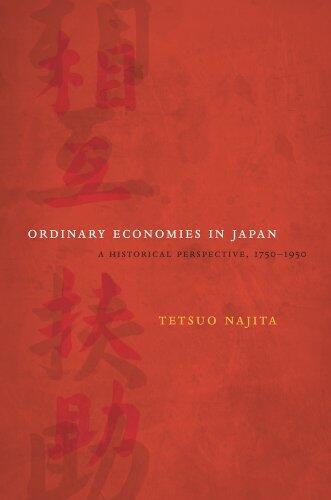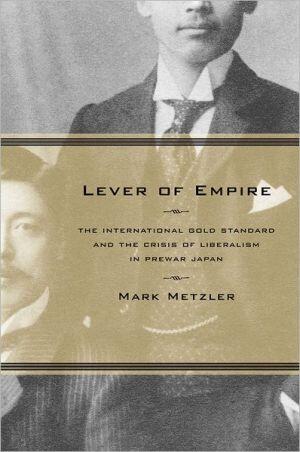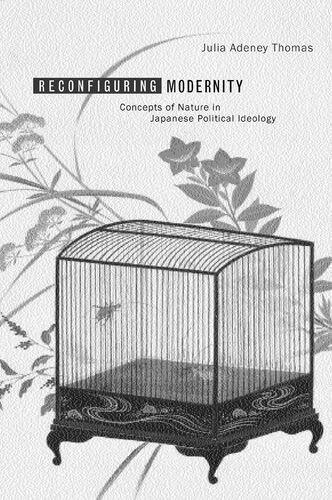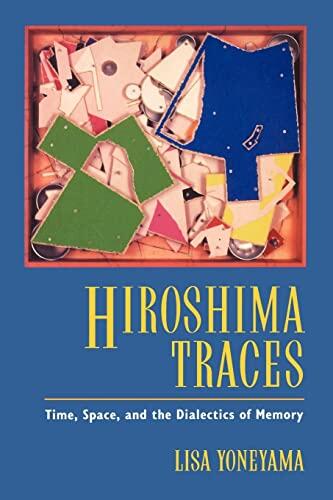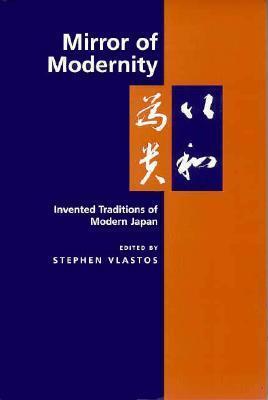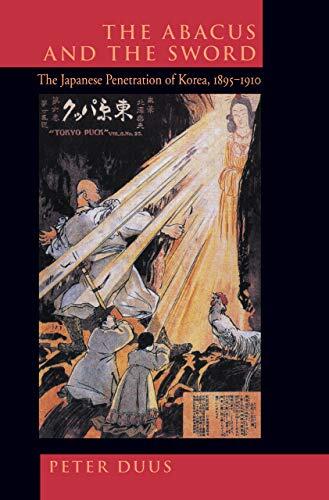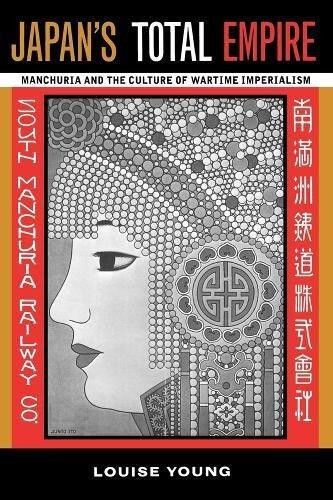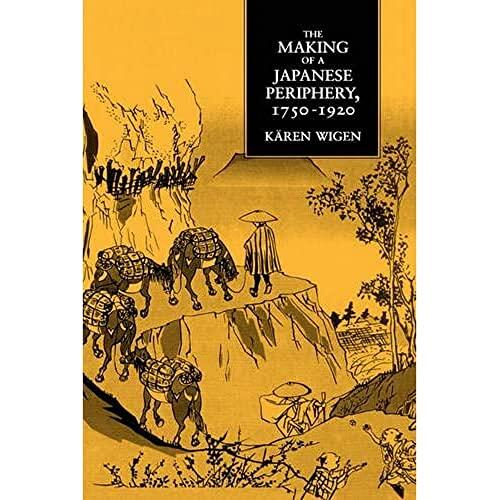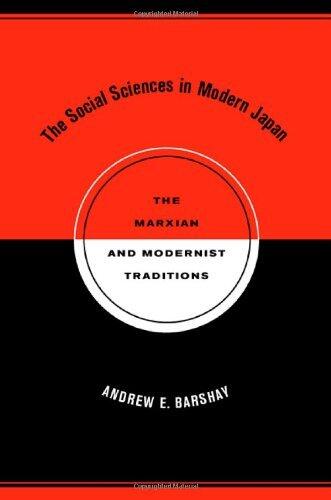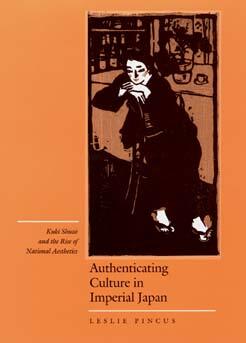
Authenticating Culture in Imperial Japan: Kuki Shuzo and the Rise of National Aesthetics
przez
Leslie Pincus
Brak ocen
History
Manga
Format
Kindle
Strony
389
Język
Angielski
Opublikowany
Dec 22, 2023
Wydawca
University of California Press
ISBN-10
0520916484
ISBN-13
9780520916487
Opis
In the interwar years of Japan, a cultural introspection unfolded, reshaping the nation’s identity against the backdrop of increasing nationalism. Amidst this changing landscape, Kuki Shuzo emerged as a pivotal figure, exploring the intricacies of aesthetics and philosophy that framed the Japanese experience. Leslie Pincus delves deeply into Kuki's thought processes and contributions, illuminating how his ideas both reflected and influenced the cultural zeitgeist of the era.
The book intricately weaves Kuki's explorations of beauty and authenticity with the broader narrative of Japan's evolving national identity. It highlights how the philosophical underpinnings of his work played a crucial role in the establishment of a unique Japanese aesthetic, one that sought to harmonize tradition with the new socio-political realities of the time. Pincus effectively captures the tension between global influences and local traditions as Japan grappled with its place in a rapidly modernizing world.
Moreover, the author investigates the implications of cultural authentication during a period marked by imperial ambitions and blurring definitions of what it meant to be authentically Japanese. Kuki’s philosophies serve as reflections of this struggle, raising questions about the nature of identity and the cultural narratives that bind a nation together.
Through meticulous research and engaging prose, Leslie Pincus not only honors Kuki Shuzo’s legacy but also stimulates dialogue regarding the enduring complexities of cultural identity in Japan. This examination of aesthetics and nationalism enriches the understanding of how art and philosophy interlace within the fabric of societal change.
The book intricately weaves Kuki's explorations of beauty and authenticity with the broader narrative of Japan's evolving national identity. It highlights how the philosophical underpinnings of his work played a crucial role in the establishment of a unique Japanese aesthetic, one that sought to harmonize tradition with the new socio-political realities of the time. Pincus effectively captures the tension between global influences and local traditions as Japan grappled with its place in a rapidly modernizing world.
Moreover, the author investigates the implications of cultural authentication during a period marked by imperial ambitions and blurring definitions of what it meant to be authentically Japanese. Kuki’s philosophies serve as reflections of this struggle, raising questions about the nature of identity and the cultural narratives that bind a nation together.
Through meticulous research and engaging prose, Leslie Pincus not only honors Kuki Shuzo’s legacy but also stimulates dialogue regarding the enduring complexities of cultural identity in Japan. This examination of aesthetics and nationalism enriches the understanding of how art and philosophy interlace within the fabric of societal change.
Recenzje
Nie ma jeszcze recenzji
Bądź pierwszy, aby zrecenzować tę książkę i podziel się swoimi przemyśleniami
Dodaj pierwszą recenzjęDziennik czytania
Nie znaleziono dzienników czytania
Zacznij śledzić swój postęp w czytaniu, aby zobaczyć logi tutaj
Dodaj swój pierwszy dziennik czytaniaNotatki
Dziennik transakcji
Nie znaleziono dzienników transakcji
Zacznij śledzić swoje transakcje książkowe, aby zobaczyć logi tutaj
Dodaj swój pierwszy dziennik transakcji